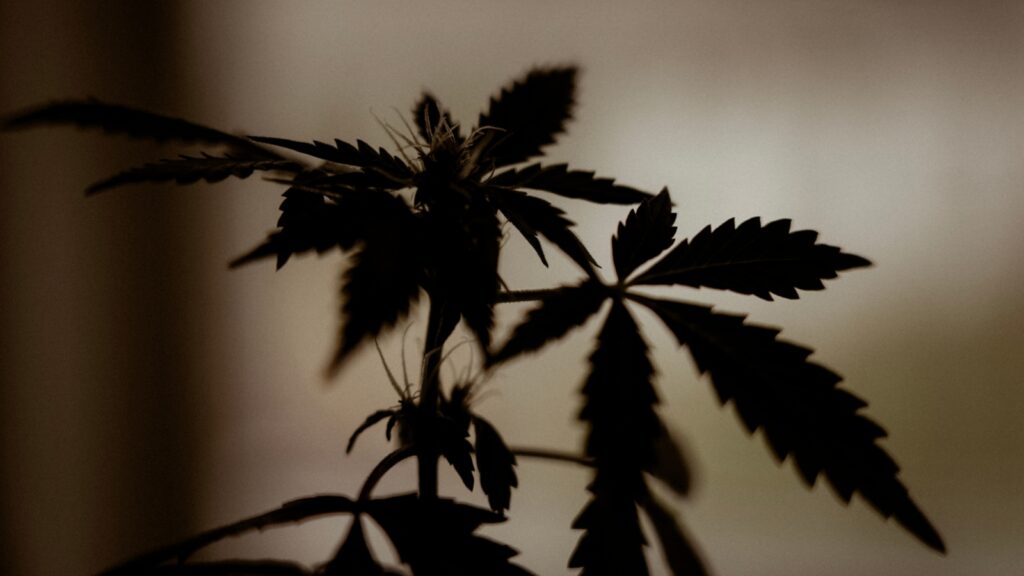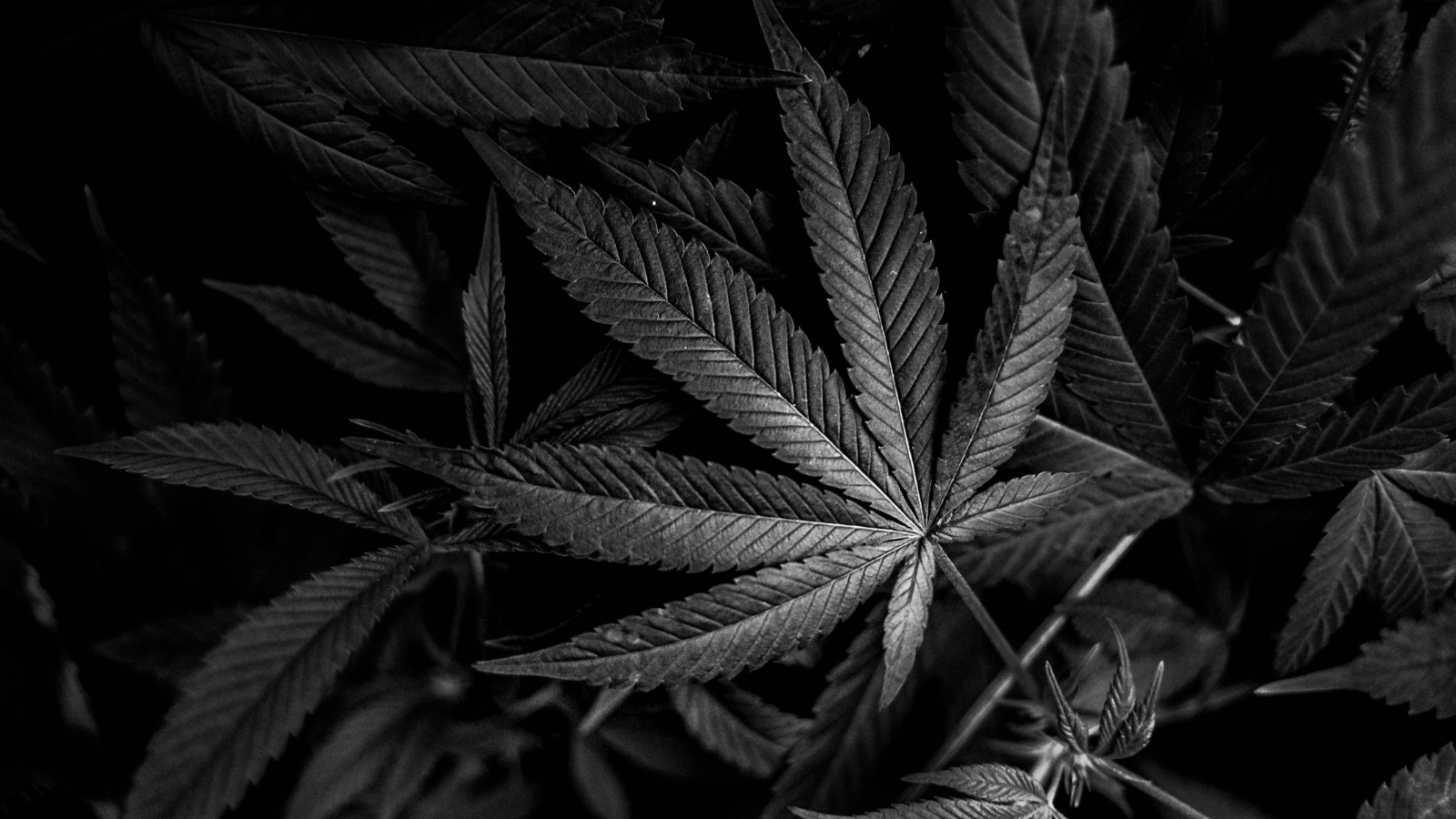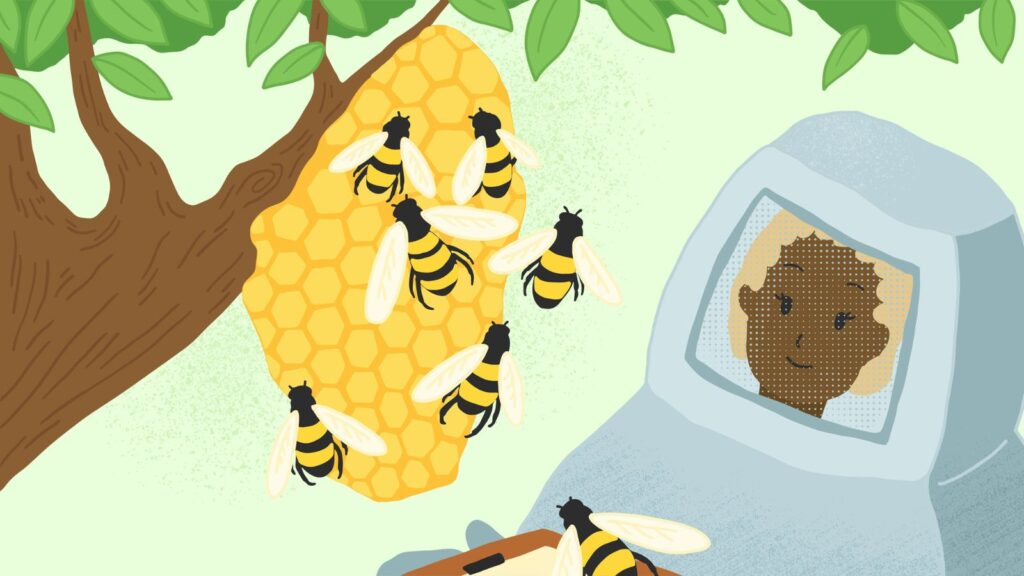I often feel hesitant to quote modern movies, fearing that the association might be misunderstood. However, in this case, it feels particularly apt. In the movie The Matrix, the line “The mind makes it real” perfectly encapsulates the idea that our minds create our reality.
In my 25 years of working in the cannabis industry, I’ve found this to be truer than ever. As legalization has progressed, I’ve seen cannabis evolve from being viewed as a powerful illicit drug to a remarkable plant that, when approached with an open mind, has had miraculous effects. Many of these effects, I believe, are made real by the mind.

Cannabis and Self-Improvement
Historically, cannabis has been used in shamanistic rituals, which I interpret as a means of going within, quieting the mind, and connecting more deeply with oneself. This connection helps us better understand both our physical and spiritual selves. Recognizing that the mind creates our reality and can dominate our bodies is crucial. In today’s world, we often think of “drugs” as escape mechanisms to “check out” rather than tools for self-improvement.
As cannabis becomes normalized, I ask: Why aren’t we encouraging consumers to be more present to the quiet gift of cannabis? Many “stoner memes” revolve around the reflective looks of those intoxicated by this magical plant. We should celebrate the ability to sit quietly and reflect with gratitude on the present moment, a precious skill I learned at a retreat I attended earlier this year.
The Importance of Mind-Body Awareness
Earlier this year, I attended a week-long advanced meditation retreat led by Dr. Joe Dispenza. While it’s too complex to dive into the full scope of his work, I can say that his teachings on quieting the body, elevating the mind, and understanding the mind as a functional muscle we can control are profoundly important.
In a world filled with restless, over-sugared, and over-caffeinated distractions, cannabis can help us quiet the body while keeping the mind active and present. If we can harness the power of our minds, as we do with our physical bodies, true empowerment lies there.
It surprises me that the psychological or psychoactive component of cannabis is often overlooked. People frequently say, “Oh, I don’t use cannabis; it makes me feel paranoid,” and this is accepted without question, likely due to the long-standing demonization of cannabis. However, if someone says they don’t drink alcohol, it’s often assumed to be for religious or dietary reasons, not because alcohol might have adverse effects.
Those who feel paranoid or sleepy from cannabis might have internal work to do. Instead of dismissing cannabis outright, one could ask themselves: “What am I afraid of that is coming to the surface and causing paranoia?” These questions are valid and should be explored.

Overcoming Prohibition Mindsets
For too long, the demonization of cannabis has been the default answer. We need to shift some personal responsibility to the consumer. I’m not saying cannabis is for everyone, but after 100 years of prohibition, it’s worth questioning our perceptions. We all have an endocannabinoid system and functional brains. When someone perceives cannabis as not working, is that perception or reality? Are they making it a reality? These questions need to be asked, yet they often aren’t due to lingering prohibition mindsets.
At Dr. Joe’s retreat, I realized something profound: although I value myself as somewhat antisocial, we are all connected. Group exercises, team events, and collaborative efforts highlight our synergy and connection. Whether in physical activities, creative processes, or social interactions, we draw energy from each other. At the retreat, surrounded by 2,000 people in an auditorium with eyes closed and blindfolded, following guided meditations, I felt this interconnectivity deeply.
I won’t dig into the more spiritual aspects, but I believe this interconnectivity is as natural as the cannabis plant itself. The human body contains an endocannabinoid system that speaks the same language as cannabis. Dr. Joe asks us to become aware of our bodies in ways we typically aren’t, questioning why we don’t have the same awareness of our hearts, pineal glands, or livers as we do of our thumbs. Visualization and awareness can lead to greater control over our bodies and our minds.
One of the most undervalued aspects of modern science is our detailed understanding of the human body. Strong visualization allows us to bring awareness to different parts of the body, empowering the mind’s control. With cannabis aiding in quieting the body and elevating the mind, looking within and asking ourselves these questions is crucial for wellness today.
Cannabis offers the power to sit quietly, appreciate the moment, and understand our place in space and time. In our noisy, distracted world, we often overlook what’s inside us. Cannabis, historically used to quiet the mind, is rising to help us regain our sanity. I hope readers will partake in this magical plant and find peace and gratitude in the present moment. Right now, as you read this, you are alive—and that alone is a reason to be happy.















